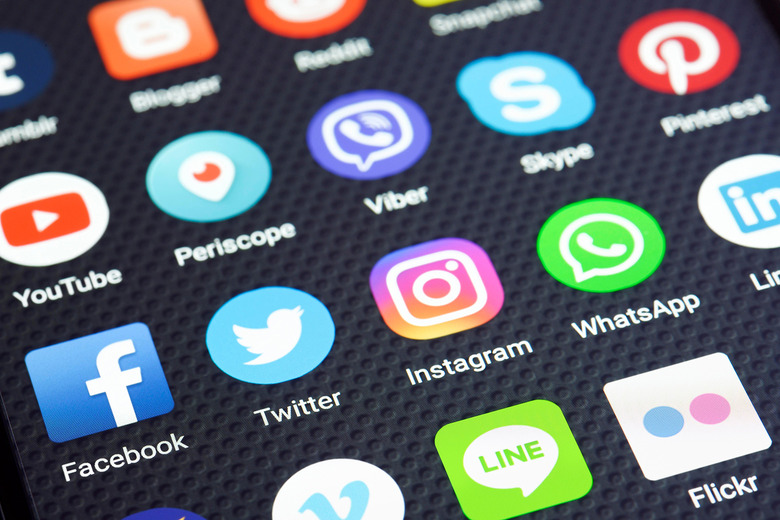Mark Zuckerberg Finally Told Us When Facebook, Instagram, And WhatsApp Messaging Will Merge
A report a few days ago revealed that Mark Zuckerberg directed teams working on the various Facebook chat apps to create a unified instant messaging app that would incorporate Messenger, WhatsApp, and Instagram. The resulting product would support end-to-end encryption and would allow any user of one of Facebook's services to chat with any user of any of any other Facebook product. WhatsApp users would be able to talk to Instagram users and Facebook users without needing accounts on each platform. At the time, I told you that Facebook's unified chat system would let you leave Facebook without worrying about to being able to talk to some of your Facebook fans. It turns out, however, that the plans for this messaging platform are still being worked out, according to Zuckerberg.
The CEO confirmed during Facebook's recent earnings call that Facebook does plan to merge Messenger, WhatsApp, and Instagram chats, just as reported. But the move won't happen until at least 2020.
"There's a lot more that we need to figure out before we finalize the plans. And then, of course, this is going to be a long-term project that I think will probably be to whatever extent we end up doing it in — a 2020 thing or beyond," he said, according to Business Insider.
Zuckerberg added that he is excited to roll out end-to-end encryption across the unified service, which is a surprising stance on the matter. One of the worries that followed the revelation that WhatsApp will start showing ads was that Facebook was considering removing end-to-end encryption. Facebook can't deliver targeted ads on chat services without having access to message content. That's why Messenger doesn't have end-to-end encryption.
"People really like this in WhatsApp. I think it's the — it's the direction that we should be going in with more things in the future. I think there's an opportunity to use the work that we have done with WhatsApp there rather than doing it in different ways in the different messaging experiences," Zuckerberg said.
Per The Verge, Zuckerberg added that the new messaging system could serve as an iMessage-like layer for SMS that would offer more functionality and security.
To date, nobody has been able to recreate Apple's iMessage, not even Google. iMessage is so powerful by itself that it could be enough for some iPhone users never to ditch iOS. Going after iMessage without actually owning a mobile platform might be a daring endeavor for Facebook.
On the other hand, WhatsApp and Messenger each have more than 1 billion active users, including many iPhone owners. So merging the backends of these services may make sense for Facebook, and could help it turn more people into loyal money-makers for the company. One of the worries for this unified Facebook chat system is that it'll force users to connect their different accounts for Facebook, Instagram, and WhatsApp into a single online identity, which would certainly help Facebook's ad business but might not be great for end users.
